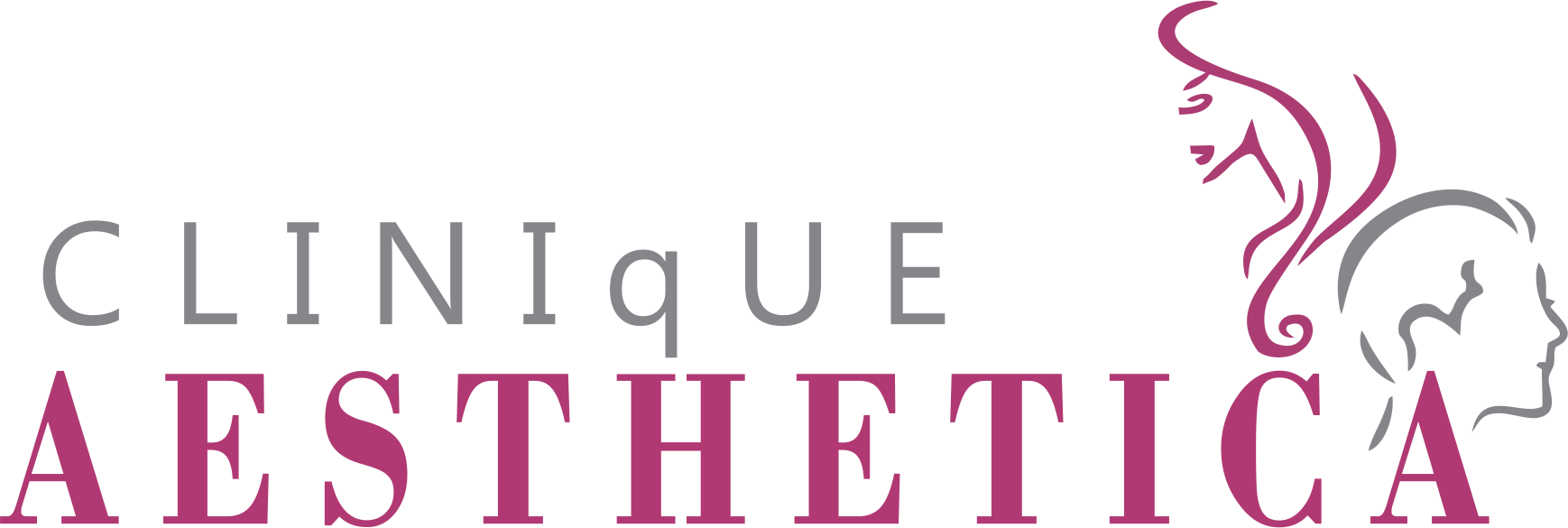Treatment Options for Male Hair Loss at Age 25 | Dr. Vinod Vij

Losing your hair can be a difficult and emotional experience, especially at a young age. For many men, losing their hair creates feelings of insecurity, loss of identity, and even depression. If you are a man in your mid-twenties experiencing hair loss, you may feel overwhelmed, distressed, and fear losing your youthful attractiveness.
The good news is that treatment options are available to help slow or stop hair loss and potentially even regrow hair. No matter what stage of hair loss you are in, it is important to remember that you are not alone. There are solutions available to help you feel more confident and comfortable in your own skin.
“If you are struggling with hair loss at 25, know that there is hope, and you don’t have to face this challenge on your own,” says Dr. Vinod Vij, a proficient dermatologist in Navi Mumbai.
In this article, we will explore some causes of hair loss in men at age 25 and discuss the various available treatment options.
Possible causes of male hair loss at age 25
There are several possible causes of hair loss in males aged 25. These can include:
Heredity: Androgenetic alopecia, commonly known as male pattern baldness, is the most prevalent cause of hair loss in men and is typically inherited from a person’s parents.
Hormonal changes: An increase in testosterone levels, as can occur during puberty or other periods of hormonal change, can lead to hair loss.
Nutrient deficiency: A deficiency in specific nutrients, such as iron, protein, or vitamin D, can contribute to hair loss.
Medical conditions: Certain conditions, such as thyroid disorders, lupus, and male equivalent polycystic ovary syndrome (PCOS), can cause hair loss.
Medications: Some medications, such as those used to treat cancer, depression, and high blood pressure, can cause hair loss as a side effect.
Physical or emotional stress: Physical stress, such as surgery or a high fever, or emotional stress, such as a death in the family or a divorce, can trigger hair loss.
Tight hairstyles: Hairstyles that pull on the hair, such as cornrows or tight ponytails, can cause hair loss.
Environmental factors: Exposure to certain chemicals, such as those found in hair dyes or hair products, or extreme weather conditions, such as cold or dry air, can contribute to hair loss.
If you have noticed thinning hair or patches of bald areas on your scalp, please get in touch with the highly-skilled hair specialist, Dr. Vinod Vij, for effective hair loss treatment options.
While several treatment options are available for hair loss, it is essential to note that not all are suitable for everyone. The best course of action depends on the determined cause and severity of the hair loss. It is always best to speak with a healthcare provider for personalized advice.

Treatment options for hair loss include:
Medications: Minoxidil and finasteride are often used for hair loss treatment. Minoxidil is a topical solution applied to the scalp and can be used by both men and women. Finasteride is a prescription medication taken orally and only approved for use in men.
Hair transplant surgery: In hair transplant surgery, hair is taken from a donor area (usually the back of the head) and transplanted to the area of the thinning scalp. This procedure is typically done using a local anesthetic and can be performed in a doctor’s office or clinic.
Low-level laser therapy (LLLT): LLLT is a non-invasive technique that employs lasers to stimulate hair growth. It is painless and can be done in a doctor’s office or clinic.
Platelet-rich plasma (PRP) therapy: In PRP therapy, the doctor injects a concentrated solution of your platelets into your scalp.
Scalp reduction surgery: To minimize the bald region’s size, a section of the site with hair loss is removed, and the surrounding scalp is pulled together.
“Diet and lifestyle changes can go a long way in keeping your hair healthy,” says the highly experienced aesthetic surgeon, Dr. Vinod Vij. “Eating a healthy diet rich in nutrients, such as protein, iron, and vitamins, and reducing stress can help prevent hair loss.”
How long can hair loss be prevented after treatment?
The duration of hair loss prevention varies based on the specific treatment used. Here are some general guidelines:
Medications: Hair loss medications, like minoxidil and finasteride, can help to slow down or prevent further hair loss. These medications typically need to be taken regularly to maintain their effectiveness, and any benefits obtained may be lost if treatment is stopped.
Hair transplant surgery: Hair transplant surgery can help to restore hair that has been lost, and the results are typically permanent. However, it is possible for hair loss to occur in other areas of the scalp that were not treated with the transplant.
Low-level laser therapy (LLLT): LLLT effectively promotes hair growth and prevents further hair loss. The results of LLLT may be temporary, and the treatment may need to be repeated to maintain its effects.
Dr. Vinod Vij states, “Please note that hair loss prevention is not always possible, and the effectiveness of treatment can vary from person to person.”
It is always best to speak with a certified aesthetic specialist like Dr. Vinod Vij for personalized advice on the best course of action for your situation.
Can male hair loss at age 25 be stopped without treatment?
While it is not always possible to achieve hair loss stoppage without treatment, you can try some things that may help slow down or prevent further hair loss.
Some home remedies to help hair regrowth options include:
- Massaging your scalp gently with hair oils like rosemary and geranium oil
- Applying aloe vera to your hair and scalp 3-4 times a week
- Applying coconut oil before or after your hair wash
- Using shampoo and conditioner containing viviscal, a natural supplement for hair growth
- Consuming foods rich in omega-3 fatty acids such as cod liver oil, mackerel, salmon, oyster, sardine, chia seeds, flax seeds, walnuts, and soybeans
- Applying onion juice to your hair and scalp
- Applying lemon juice on your 10-15 minutes before washing your hair
It is important to note that these methods may not be effective for everyone and may not completely prevent hair loss.
Aesthetic specialist Dr. Vinod Vij says, “If you have severe hair loss and it is causing you significant distress, it may be necessary to seek medical treatment.”
Ways to promote hair growth after treatment

There are several things you can do to promote hair growth after treatment:
Eat a healthy diet: Hair is made up of proteins, so be sure to follow a healthy diet rich in nutrients, such as meats, poultry, fish, eggs, leafy green vegetables, nuts, and beans
Avoid tight hairstyles: Tight hairstyles like ponytails and cornrows can cause damage to your hair and lead to hair loss.
Avoid heat styling: Heat styling products, such as hair dryers or straighteners, can damage your hair and make it more prone to breakage. If you must use heat styling tools, use a heat protectant spray.
Use gentle hair products: Look for shampoos and conditioners that are sulfate-free and formulated for damaged hair.
Treat your hair gently: Be gentle when you brush or comb your hair.
Use hair oils: Hair oils, such as coconut oil, can help to nourish and moisturize your hair.
Get regular trims: Regular trims can help eliminate split ends, making your hair look healthier and fuller.
Use hair growth products: Several hair growth products on the market are designed to help stimulate hair growth. These products may contain ingredients like minoxidil, which is effective in promoting hair growth.
Try scalp massage: Massaging your scalp gently can help to stimulate blood flow to your hair follicles, which can help to promote hair growth.
Get enough sleep: Getting enough sleep is essential for overall health and can help promote hair growth.
Reduce stress: High stress levels can lead to hair loss, so it is important to try to reduce stress. Techniques like meditation, yoga, and deep breathing can help reduce stress.
Avoid environmental damage: Protect your hair from extreme weather conditions like a cold or dry breeze.
Wear a swim cap: Wear a swim cap when you go swimming to prevent chlorine from damaging your hair.
Renowned hair transplant and cosmetic surgeon Dr. Vinod Vij says, “It is crucial to follow the after-care guidelines provided by your hair transplant specialist to ensure long-lasting results.”
FAQs
What causes hair loss in males at age 25?
There are many potential causes of hair loss in males at age 25, including genetics, medical conditions, and certain medications.
Is hair loss at age 25 in males normal?
While it is not uncommon for males to begin experiencing hair loss in their 20s, it is not considered normal for hair loss to occur at such a young age. If you are experiencing hair loss at age 25, you must speak with a healthcare professional to determine the cause and discuss treatment options.
Can male hair loss at age 25 be reversed?
In some cases, male hair loss at age 25 can be reversed. However, it is crucial to determine the underlying cause of hair loss in order to determine the most appropriate treatment.

